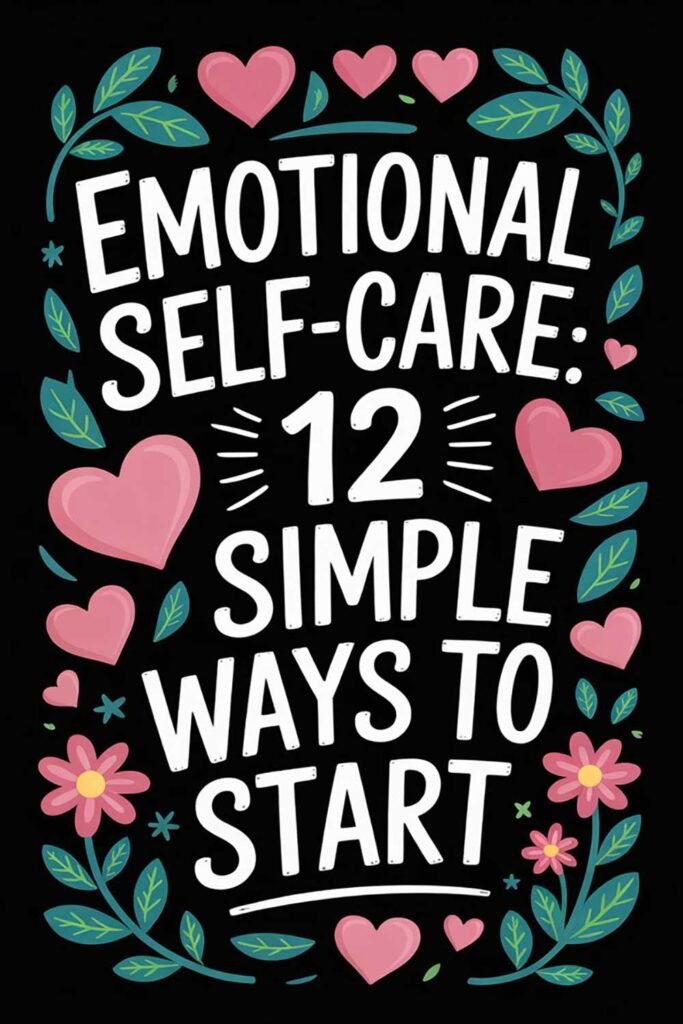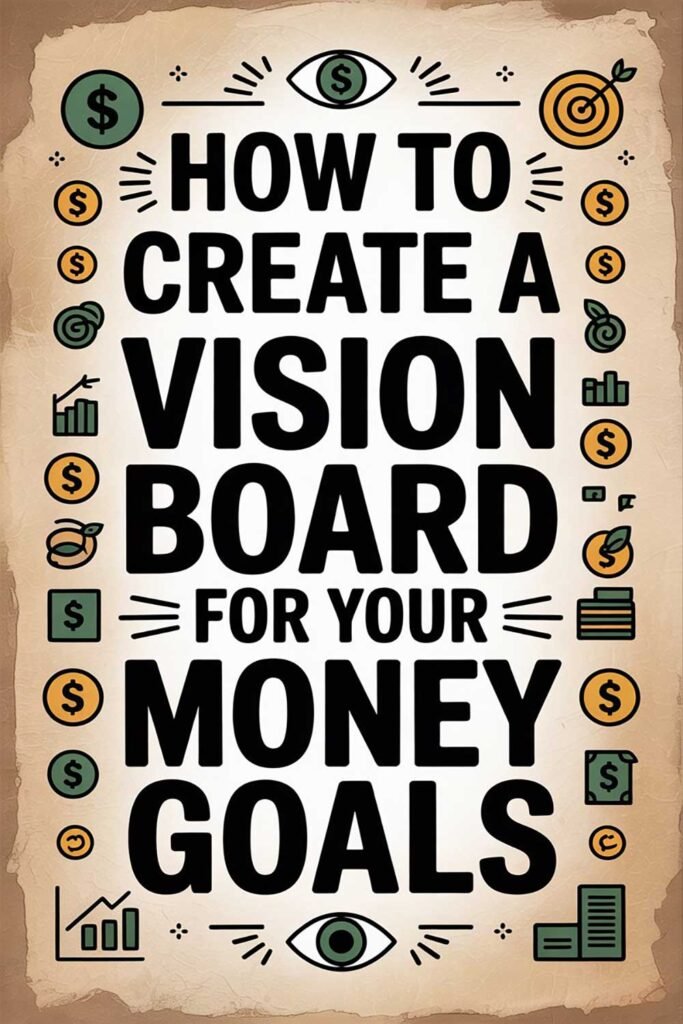8 Money Management Tips for Freelancers and Entrepreneurs
Being your own boss comes with incredible freedom—but also unique financial challenges. Without a predictable paycheck or built-in benefits, managing your money as a freelancer or entrepreneur requires strategy, discipline, and proactive planning. Whether you’re just starting or scaling a business, these 8 money management tips will help you build stability, reduce stress, and grow long-term wealth.

1. Separate Business and Personal Finances
One of the first financial rules of freelancing is to open separate bank accounts for business and personal use. This makes budgeting, taxes, and tracking income much easier.
Real-Life Example: When Alex started freelance graphic design, he used one account for everything. Come tax time, he struggled to figure out what was personal vs. business. After separating accounts, managing finances became easier and more accurate.
2. Pay Yourself a Consistent Salary
Instead of dipping into your earnings as needed, set a fixed monthly or biweekly salary for yourself based on your average income. This creates financial stability and budgeting consistency.
Real-Life Example: Jessica, a freelance writer, averaged $4,000/month in income. She decided to “pay herself” $2,500/month and put the rest in a business savings buffer. It smoothed her cash flow during slow months.
3. Plan for Taxes Year-Round
Freelancers and entrepreneurs don’t have taxes withheld automatically. To avoid big surprises, set aside 25–30% of each payment for taxes and pay quarterly if required.
Real-Life Example: Ethan made $60K his first year freelancing but didn’t set anything aside for taxes. He owed over $15K in April and had to take out a loan. The next year, he automated a 30% tax transfer from every client payment.
4. Build a 3–6 Month Emergency Fund
Income from freelancing and business ownership can fluctuate. An emergency fund cushions against client loss, slow seasons, or personal emergencies.
Real-Life Example: Tara, an independent photographer, built a $10,000 emergency fund after two slow winter seasons taught her the value of planning ahead. Now, she sleeps better and never panics when income dips.
5. Track Every Expense and Invoice
Use tools like QuickBooks, Wave, or FreshBooks to track your income, invoices, and expenses. Staying organized helps you know where your money goes and prevents missed payments or deductions.
Real-Life Example: Rob missed out on hundreds of dollars in tax write-offs until he started logging expenses weekly in QuickBooks. Now, his CPA praises him every April.
6. Invest in Retirement Early
Without employer-sponsored 401(k)s, you must take retirement into your own hands. Open a SEP IRA, Solo 401(k), or Roth IRA and contribute regularly.
Real-Life Example: Nina opened a SEP IRA at age 27. She contributed 15% of her income every year, and now in her 30s, she has over $50K saved for retirement with compound growth working in her favor.
7. Reinvest Into Your Business
Smart freelancers and entrepreneurs reinvest part of their earnings into growth—tools, courses, marketing, or outsourcing.
Real-Life Example: Carlos invested $1,500 in a digital marketing course and another $500 in Facebook ads. Within three months, he tripled his client base and 5X’d his income.
8. Diversify Your Income Streams
Relying on one client or one product is risky. Diversify through multiple clients, digital products, passive income, or side services.
Real-Life Example: Leah was a freelance copywriter who also sold copywriting templates online. When her client work slowed, template sales kept income flowing steadily.
20 Inspirational Quotes About Money and Freelancing
- “The best investment you can make is in yourself.” — Warren Buffett
- “Don’t work for money; make it work for you.” — Robert Kiyosaki
- “The goal isn’t more money. The goal is living life on your terms.” — Chris Brogan
- “Success usually comes to those who are too busy to be looking for it.” — Henry David Thoreau
- “A big part of financial freedom is having your heart and mind free from worry about the what-ifs of life.” — Suze Orman
- “Money flows to value. If you create value, money will follow.” — Naval Ravikant
- “Being your own boss is great… unless you’re a terrible employee.” — Unknown
- “It’s not your salary that makes you rich, it’s your spending habits.” — Charles A. Jaffe
- “You can’t build a reputation on what you are going to do.” — Henry Ford
- “You must gain control over your money or the lack of it will forever control you.” — Dave Ramsey
- “The habit of saving is itself an education.” — T.T. Munger
- “Revenue is vanity, profit is sanity, and cash is king.” — Unknown
- “An investment in knowledge pays the best interest.” — Benjamin Franklin
- “Time is money, especially when you’re self-employed.” — Unknown
- “Your business can only grow as fast as you do.” — Unknown
- “Budgeting isn’t about limiting yourself—it’s about making the things that excite you possible.” — Unknown
- “Opportunities don’t happen. You create them.” — Chris Grosser
- “Discipline is the bridge between goals and accomplishment.” — Jim Rohn
- “Build a lifestyle, not just a bank account.” — Unknown
- “Entrepreneurship is living a few years of your life like most people won’t, so you can spend the rest of your life like most people can’t.” — Unknown
Picture This
Imagine opening your laptop in a sunlit cafe, working on projects you love, stress-free about your finances. Your taxes are already set aside, your retirement account is growing, and your emergency fund is strong. You pay yourself regularly, your business runs smoothly, and money no longer controls you—you control it. Freedom, focus, and financial stability are now your norm.
What could your life look like if you mastered your money as a freelancer?
Share This Article
Know a freelancer or entrepreneur who needs to get their finances in order? Share this article with them or post it to your social feed—it could be the guidance they’ve been waiting for.
Disclaimer
This article is for informational purposes only and based on personal experience and general financial advice. Always consult with a financial professional or accountant to make the best decisions for your business.






